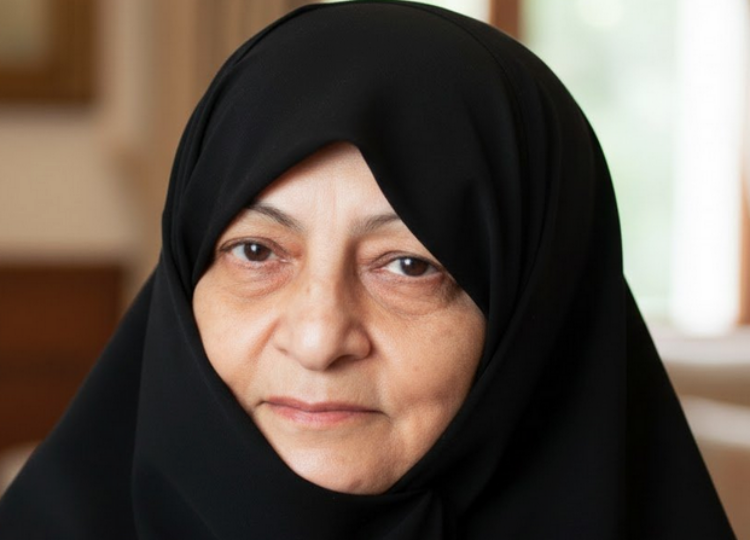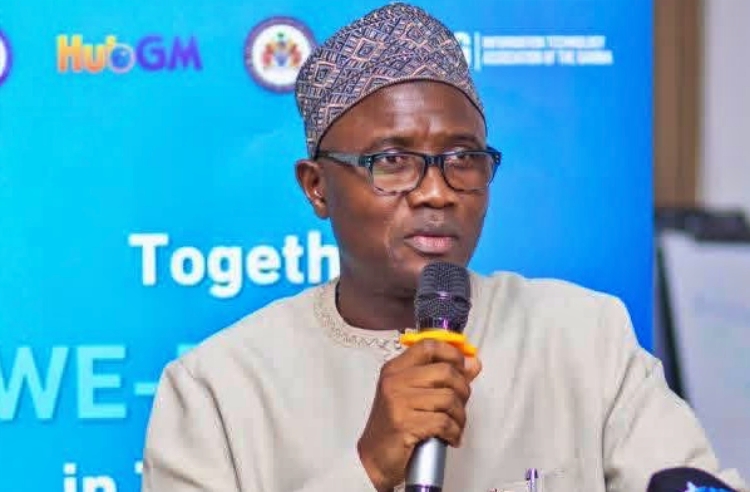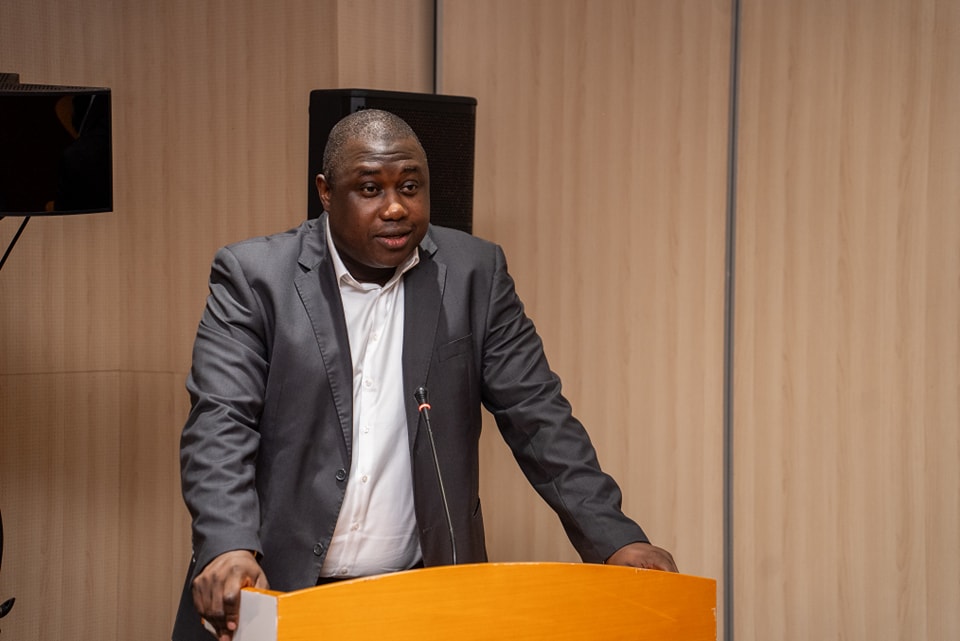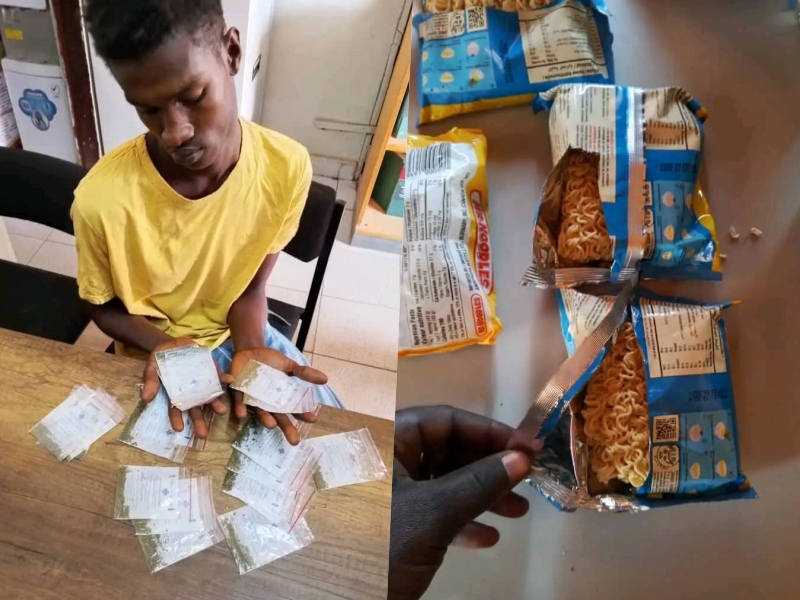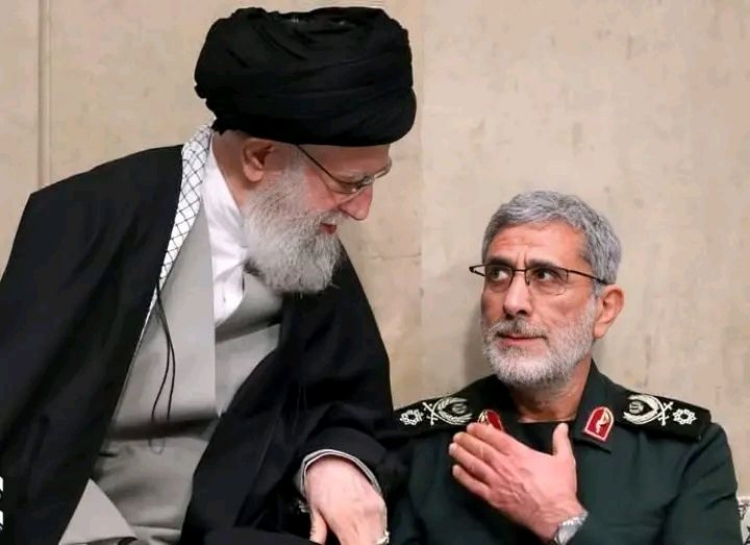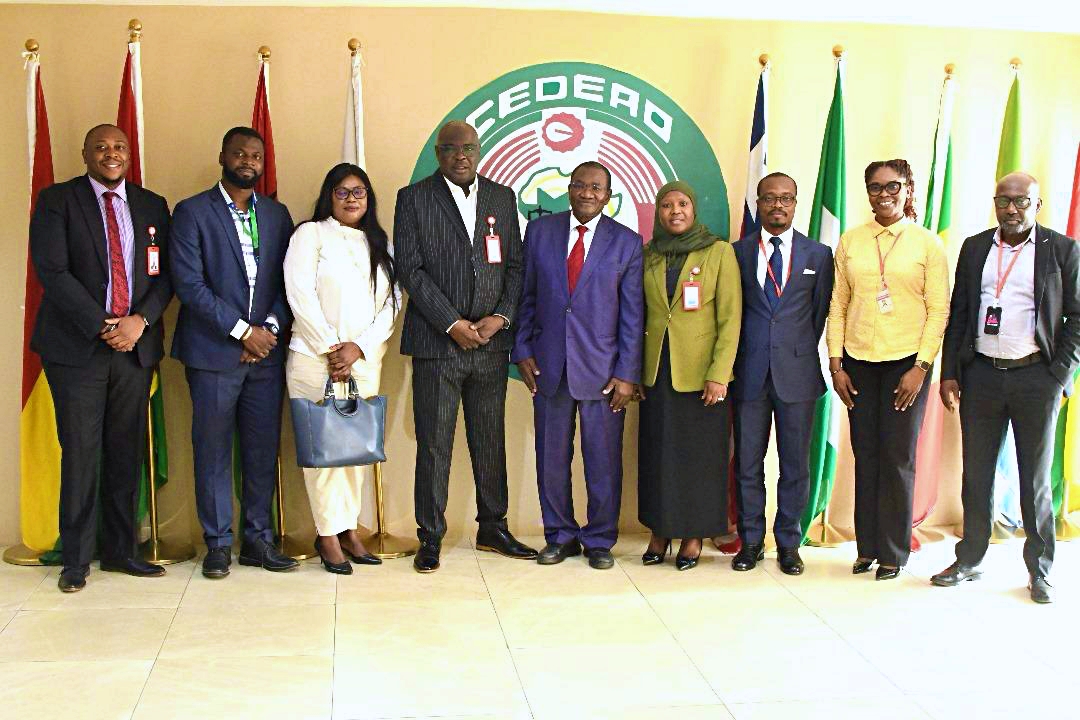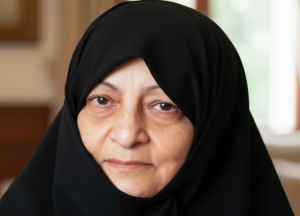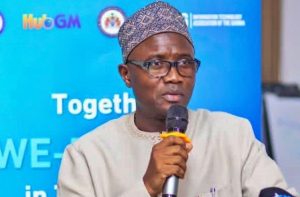Gambiaj.com – (Abuja, Nigeria) – In a groundbreaking development for Africa’s regional justice systems, the Community Court of Justice of ECOWAS and the African Union’s Dispute Settlement Mechanism (DSM) held a high-level benchmarking meeting in Abuja today, signaling a new era of collaboration on arbitration and alternative dispute resolution.
The landmark meeting, hosted at the seat of the ECOWAS Court in Nigeria’s capital, brought together top officials from both institutions to exchange knowledge and explore institutional synergies.
Central to the discussions was the possible development of a Memorandum of Understanding (MoU) between the Court and DSM, with the aim of facilitating joint capacity-building initiatives, shared case management frameworks, and even mutual case referrals—pending approval of the ECOWAS Court’s Rules of Arbitration by the ECOWAS Council of Ministers.
Under Article 9(5) of the ECOWAS Court Protocol, the Court is temporarily given the power to act as an arbitrator—that is, to help settle legal disputes between parties through a formal process, similar to a private court hearing.
This role is meant to fill the gap until a separate Arbitration Tribunal, promised under Article 16 of the ECOWAS Treaty, is officially created. Until that tribunal is established, the ECOWAS Court has the authority to perform that function.
So in essence, the ECOWAS Court currently serves as the West African region’s main arbitration body, and the meeting was a chance to discuss how best to strengthen and possibly expand that function through collaboration with the African Union’s DSM.
One of the highlights of the session was a presentation by prominent Gambian jurist Gaye Sowe, who serves as the Acting Deputy Chief Registrar of the ECOWAS Court.
Mr. Sowe provided an insightful overview of the Court’s evolving jurisdiction under Article 9(6) of its Protocol, which empowers the Court to adjudicate disputes when a referral clause exists in an agreement between two parties. He emphasized the importance of this provision in expanding the Court’s reach and promoting regional integration.
He also emphasized the digital transformation of the Court’s operations through its Electronic Case Management System (ECMS), which has significantly improved efficiency and accessibility for stakeholders across the region. Mr. Sowe highlighted how the ECMS has streamlined the Court’s processes, allowing for faster resolution of cases and increased transparency.
Mr. Sowe’s role in the meeting spotlighted The Gambia’s continued contributions to regional justice mechanisms, further cementing the country’s reputation for producing leading voices in legal reform and international adjudication.
Dr. Paul-Antoine Marie Ganemtore, Head of Secretariat of the DSM, elaborated on the AU body’s comprehensive mandate in conciliation, mediation, and arbitration. He noted that the DSM was established under Article 8 of the 1999 Yamoussoukro Decision to address disputes in Africa’s air transport sector, though its scope has since expanded to cover broader stakeholder conflicts.
Reinforcing the significance of the partnership, Dr. Yaouza Ouro-Sama, Chief Registrar of the ECOWAS Court, reiterated the Court’s commitment to institutional cooperation and strengthening mechanisms for peaceful dispute resolution across West Africa and the broader continent.
The meeting marks a decisive step toward harmonizing Africa’s regional legal frameworks and enhancing the use of arbitration as a tool for managing cross-border disputes. By working together, they hope to streamline the arbitration process and improve access to justice for all parties involved in disputes.
It was attended by senior officials from the DSM and key staff of the ECOWAS Court, reflecting a strong collective will to deepen integration and deliver accessible justice in line with continental aspirations.



